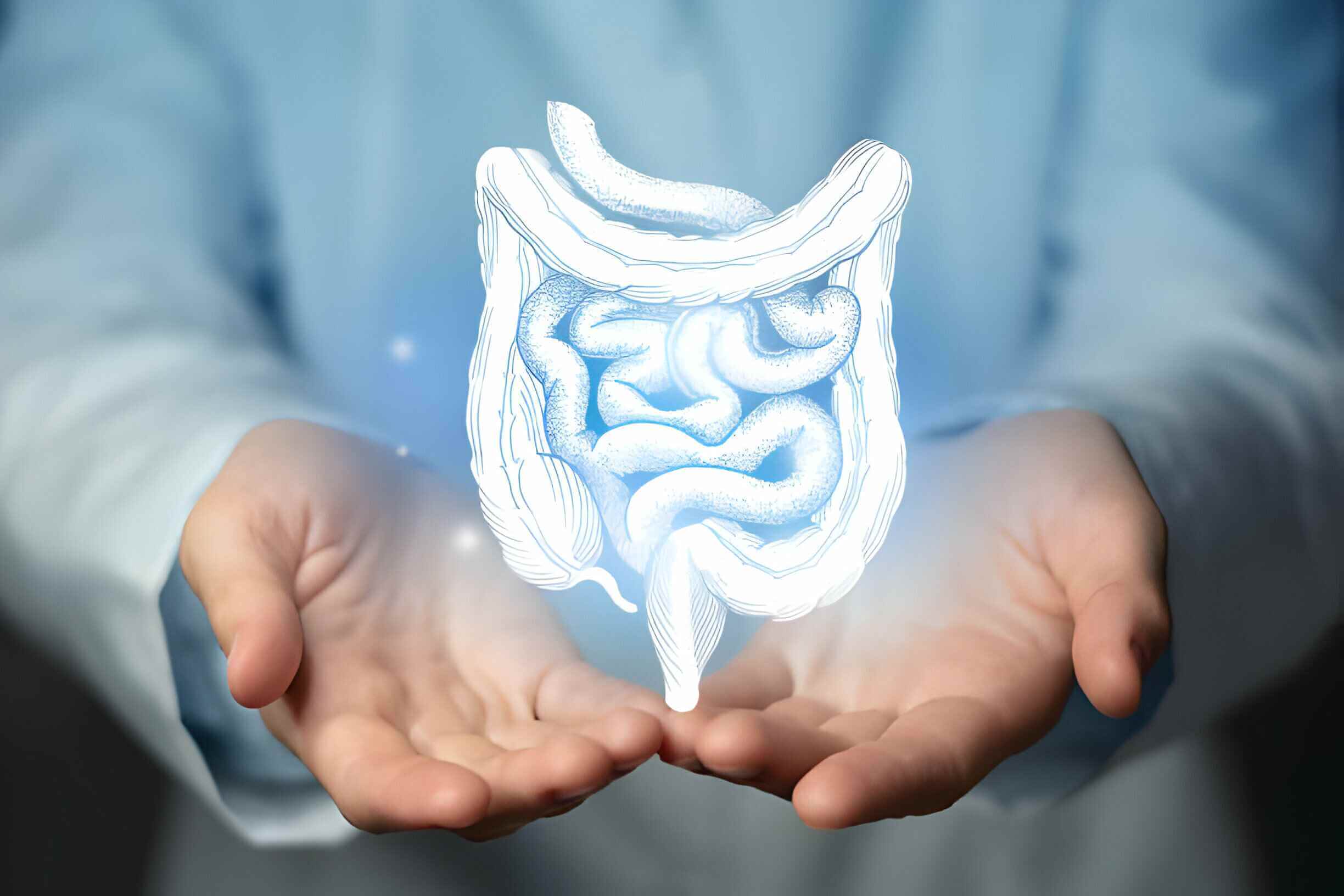
Gut Health
Exploring The Impact of Gut Health: Your Body’s Hidden Powerhouse
The medical community, in recent years, has however, shifted part of their focus on the ‘forgotten’ gut microbiome. From my own research, I would like to express my awe at the enormous influence of gut health on our general well-being. Particularly, in this blog post, we will tackle the far-reaching consequences of a healthy gut and what it takes to keep it in good form.
Understanding the Gut Microbiome
Gut microbiome represents millions of very tiny organisms, including bacteria, inhabiting the human intestinal tract. These are the minute life forms that play the significant roles in activities like digestion, nutrient disposition and others. Balance and the diversity of these microorganisms can enormously influence our health.
The Gut-Brain Connection
The most fascinating thing about gut health is its link with the brain. The intestine-brain axis is an intercommunication system in the body, which involves the alimentary tract and the central nervous system. This bound makes it clear why gut health can affect mood, mental process and even mental health.
Key impacts include:
-
- Mood regulation
-
- Stress response
-
- Cognitive performance
-
- Potential links to mental health disorders
Immune System Support
A large amount of our body’s immune system lies in the gut, and this very delicate system is highly dependent on the presence of microbes. The microbiome has a major role to play in the instruction and fine-tuning of our immune responses. A well-functioning gut can safeguard against infections of different kinds and decrease the risk of diseases related to the immune system.
Digestive Health and Nutrient Absorption
Naturally enough, gut health directly influences our digestive processes. The balanced microbiome is essential in the decomposition of food, the absorption of nutrients and the regulation of bowel movements. The condition of poor gut health may cause problems like bloating, constipation, and the lack of nutrients.
Weight Management
New studies have shown that the composition of the gut microbiome has an impact on weight regulation in the body. The bacteria in the gut are similar to the fat storage system and so, they can control the way we accumulate fat, sustain blood glucose levels, and react to hormones that make us feel hungry or full.
Skin Health
The gut-skin axis is another such surprising and exciting area of study. Our skin can be a reflection of how healthy our gut is and it can show up in terms of acne, eczema and in general how our skin appears.
Improving Gut Health
Ever since the impact of gut health has been magnified, it has been a top priority to resolve microflora. Several actions can be taken. Here are some strategies:
-
- Eat a wide range of different kinds of food items, especially fruits, vegetables and fermented foods
-
- Consume prebiotic and probiotic-rich foods
-
- Reduce the intake of processed foods and artificial sweeteners
-
- Bring the stress level down by practicing meditation or yoga
-
- Get regular exercise
-
- Ensure adequate sleep
-
- Avoid unnecessary antibiotic use
Conclusion
Regulating gut health is a matter of far greater importance than the typical idea of it being a mere digestive issue, while the reflection of it goes deep inside us to even alter our mental and immune systems. Through gut microbiome, we can improve our physical and mental health considerably. As studies of this area of medicine are still progressing, it is obvious that finding the right approach to deal with our gut health is not just a trend but an essential element that must be observed for optimal health.%
FAQs: Exploring the Impact of Gut Health
Q1: What is gut health exactly?
A1: The concept of gut health centers on microorganisms in the gastrointestinal tract maintaining a balance of multiple parts of the system of the body. This is also called the stomach or intestines where proper digestion and absorption of food occur, a stable immune system is constantly working to deal with the absence of sicknesses, and a behavior comes together as a whole.
Q2: How does gut health influence overall health?
A2: The gastrointestinal tract is a crucial organ which balances the rest of a person’s body. Hormones, the brain-gut interaction, the nervous system, and the immune cells are all affected by the bacteria that live inside us. The body has its own bacterial flora and that is why fortifying the gut mucosa could indeed be a way to promote overall health.
Q3: What is the gut-brain connection?
A3: Gut-brain connection is a two-way communication system between the gut and the brain which is also called the gut-brain axis. The interaction between digestive system and psychological health is strong enough to influence a person’s mental and emotional condition.
Q4: Can gut health affect mental health?
A4: Gut health-related studies have found evidence for the existence of a vital relationship between a healthy gut and good mental health. The gut microbiota, the bacterial ecosystem in the gut, can also modulate neurotransmitter production, possibly affecting mood, anxiety trait, and diseases like depression.
Q5: What measures can I take in order to increase my gut health?
A5: The way gut health can be improved are eating lots of fiber from different sources, consuming probiotic and prebiotic foods, stopping processed food intake, handling stress, doing regular workouts, ensuring you sleep enough, and avoiding unnecessary antibiotic use.
Q6: What is yogurt and probiotic?
A6: Yogurt, a well-known and widely consumed probiotic, contains probacteria that are beneficial in maintaining a healthy gut. Probiotics are the bacteria species in some foods and also in the gut which are good for your health. Prebiotic foods feed these probiotics. Every one of them is critical to a healthy gut microbiome.
Q7: Does gut health have something to do with weight?
A7: It is indeed true that the bacteria in the intestines have much influence in the way the body stores fat, the balance of blood glucose levels, and the response to hunger and fullness hormones. Thus, weight management can be affected by this.
Q8: Is there any connection between gut health and skin issues?
A8: Yes, there is now plenty of evidence establishing a gut-skin axis. Poor gut health can be connected not only to recurrent skin problems but also to skin ageing and diminished skin quality.
Q9: How long does it take to improve gut health?
A9: A specific time frame for this matter could differ among individuals, but many people have reported marked improvements ahead in the period of a few weeks or some months after they restarted gut-healthy practices.
Q10: Can stress cause digestive problems?
A10: Stress does affect gut health very significantly. It alters the microbial flora of the gut, makes it more permeable, and interferes with the digestive process. Techniques like yoga, mindfulness, and meditation significantly affect the brain as well as promote the growth of healthy bacteria and prevent the growth of harmful bacteria in the gut.







